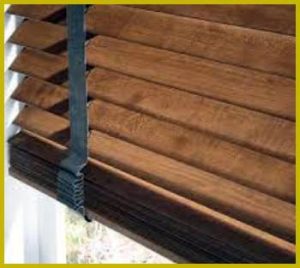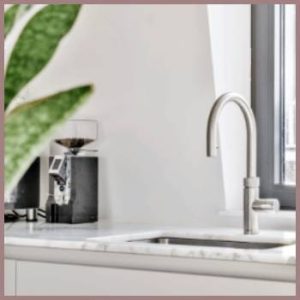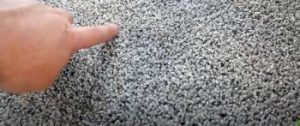In the world of flooring, there’s an understated, unassuming hero that’s steadily been gaining popularity over the years. Enter Cumaru Wood Flooring. Known for its striking beauty and impressive resilience, Cumaru has become a preferred choice for many homeowners and builders alike. But like every hero, Cumaru also has its Achilles heel.
Let’s uncover this hidden gem, its perks, and drawbacks, all under the microscope of an analytical perspective.
What is Cumaru?
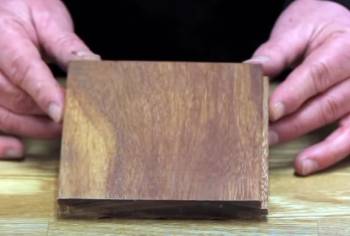
Cumaru, also known as Brazilian Teak, is a South American hardwood known for its incredible strength and aesthetics. The hues of this exotic wood range from a warm, golden-brown to a lustrous reddish-brown, giving your floors an exotic, luxurious touch that’s hard to ignore. But the richness of Cumaru goes way beyond its looks.
Pros of Cumaru Wood Flooring
- Durability
One of the foremost advantages of Cumaru is its durability. This is one hardwood that’s built to last. It scores a whopping 3540 on the Janka hardness scale, which is almost three times that of Red Oak. As such, it can withstand heavy foot traffic, active households, and the test of time, making it an excellent choice for residential and commercial applications alike.
- Lifespan
Linked to its durability is Cumaru’s lifespan. Generally, Cumaru wood flooring can last up to 50 years or more with proper maintenance. This surpasses many other flooring options on the market, making it an investment that keeps on giving.
- Aesthetics
With Cumaru, you don’t have to compromise beauty for durability. Its rich colors and natural grain patterns add an exquisite touch to any room, creating a timeless elegance that’s sure to impress.
- Resistance to Insects and Rot
Another advantage of Cumaru flooring is its natural resistance to insects, including termites, and rot. This adds to its longevity, reducing the need for harsh chemical treatments.
Read More: About NuCore Rigid Core Flooring
Cons of Cumaru Wood Flooring
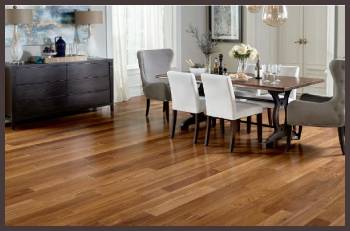
Despite its many benefits, Cumaru does have a few drawbacks.
- Cost
Firstly, Cumaru is relatively expensive. The exact cost can vary based on factors such as the thickness of the boards, the finish, and where you purchase it from. However, when considering the lifespan and durability of Cumaru, many argue that the initial investment is well worth it.
- Installation Difficulties
Cumaru’s incredible hardness, while a pro in terms of durability, is a con when it comes to installation. The wood’s density makes it difficult to cut and install, often requiring professional help, which could further add to the overall cost.
- Climate Sensitivity
Cumaru is also known to be sensitive to changes in humidity and temperature. This means it can expand and contract more than some other hardwoods, leading to possible warping or cupping over time.
Cumaru Wood Flooring FAQs
Let’s address some frequently asked questions about Cumaru wood flooring.
Absolutely! Cumaru’s remarkable durability, insect and rot resistance, and stunning aesthetics make it an excellent choice for flooring. Just remember to take its potential downsides into account, particularly if you’re in an area with significant climate fluctuations.
Yes, Cumaru is considered a high-quality, durable wood. It’s not just good, but great for many applications, including flooring and decking, thanks to its inherent qualities like hardness, insect and rot resistance.
While the initial cost of Cumaru may be higher than some other flooring options, its long lifespan and durability often make it a cost-effective choice in the long run.
With proper care and maintenance, Cumaru wood flooring can last upwards of 50 years. This incredible lifespan, coupled with its stunning visual appeal, makes it an excellent long-term investment for any home or business.
Teak and Cumaru are both tropical hardwoods known for their durability and beauty. However, they have some key differences. Teak is typically more expensive than Cumaru, but it’s easier to work with and less prone to fluctuations in humidity and temperature.
Meanwhile, Cumaru, often referred to as Brazilian Teak, is harder and denser, making it more resistant to wear and tear, but also more challenging to install.
Cumaru and Ipe are similarly priced, with both being more expensive than common domestic hardwoods due to their exceptional hardness and durability. The exact cost can depend on various factors, including the supplier and the specific product characteristics.
Read More: About Paradigm LVP Flooring
Conclusion
In the world of wood flooring, Cumaru shines bright, offering an alluring blend of durability, longevity, and unparalleled beauty. While it does come with a few challenges, its benefits often outweigh the drawbacks for those willing to make the investment. As always, considering your specific needs, lifestyle, and climate will ensure that you make the best choice for your flooring needs.
From this analytical perspective, it’s clear that Cumaru wood flooring, despite its few cons, offers a remarkable balance of aesthetics and performance. In the grand scheme of things, its premium quality, resilience, and captivating charm make it a worthy contender in the world of hardwood flooring.

